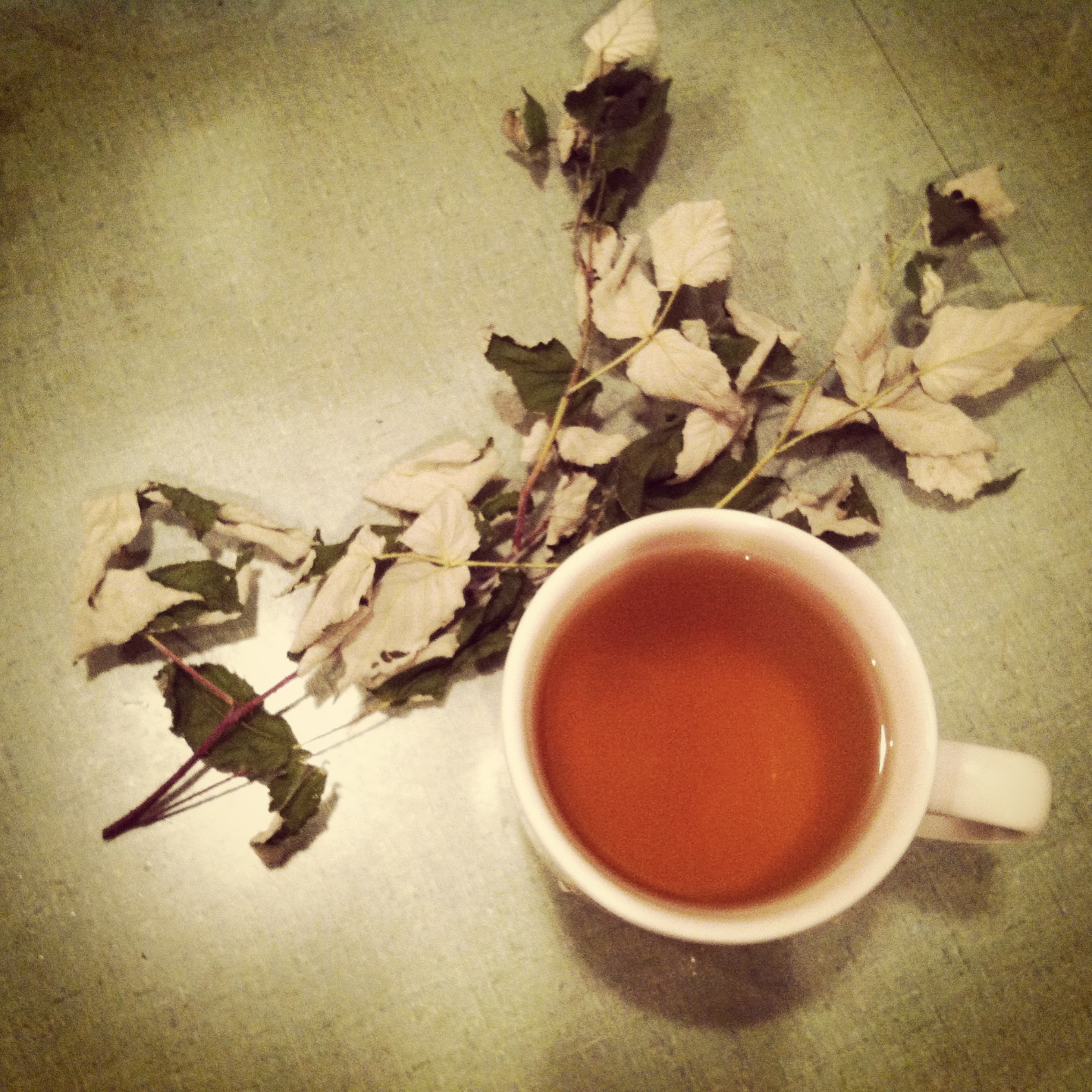By Miles, CN Supplements Buyer
Every wondered how your genes can play a role in things like metabolism, bone health, inflammation, and food sensitivity? Our resident experimental science aficionado, Miles breaks down the basics behind genetic testing and how it can help you understand your body!
And, from today (April 24th) through May 1st 2017, we're running an instagram giveaway with Nordic Naturals - win a bottle of Omega Memory with Curcumin and a bottle of Vitamin D3 Gummies, along with the Bliss Kit from local Orig3n! For more details visit our Instagram.
What’s a Gene again?
As you may remember from high school biology, our cells contain bundles of information otherwise known as genes. Your genes were passed down to you from your parents, and help to determine everything from the color of your hair to how your metabolism operates, among much else. DNA is a long double helix with repeating molecules of nucleotides that make up your genetic code.
In order to be expressed, your genetic code of DNA is read and converted into proteins in a process known as transcription and translation. Again, these proteins are what define your unique characteristics – they can be enzymes that help create neurotransmitters like serotonin, or the collagen in your skin.
Mutations in our genes can occur. Most of the time, these mutations do not make too big of a difference in terms of how our biology operates. A common type of mutation is known as a single nucleotide polymorphism (SNP), which occurs when one of the base pairs in DNA gets changed around. This may result in decreased activity of the enzyme/protein for which the gene encodes, so sometimes SNP’s lead to disease states.
What does all of this mean for us at Cambridge Naturals? Many supplements interact with our DNA or how our genes are expressed. Turmeric supplements, for example, may work in part by turning off certain genes that lead to heightened inflammation. To support your selection of supplements, we’ve actually started selling DNA genetic test kits.*
Why would I want to test my genes?
Sometimes when I help somebody choose supplements, I add the caveat, “we all respond to supplements in a bit of a different way.” There are numerous factors that alter how supplements may work in our bodies, ranging from nutrition, digestive health, and metabolism--all the way to psychosocial variables. A key part of this paradigm, however, is our genetics. Our DNA governs the way we metabolize and absorb certain types of nutrients. Hence, based on our DNA, some specific types of supplements might work better for our bodies than others.
The concept of optimizing your health with supplements targeted to your DNA is an emerging area of focus called Nutrigenetics, and it’s a key component in the type of complementary and alternative medicine practice called Functional Medicine.
With Orig3n Life Profile genetic test kits, your genetic information is collected from a cheek swab sample and analyzed for single nucleotide polymorphisms (SNP’s.) It can be cost prohibitive to analyze your entire genome, so only certain genes related to specific areas of wellness are analyzed.
Orig3n Life Profile kits are not diagnostic tests and cannot be used for the diagnosis of disease. Nowhere in your results will it tell you that you are deficient in any vitamin. Instead, the words: “adapt, normal, or gifted” are used to discuss genetic activity. For example, if someone has a mutation in a gene linked to Vitamin D metabolism that is statistically associated with lower Vitamin D levels, the test results imply that he or she might need to “Adapt” based on their result. It doesn’t, however, tell you what your Vitamin D levels are! Nonetheless, when we find out more about the SNP’s in our genome we can make actionable conscious decisions to optimize our health.
Orig3n Life Profile – An Overview of Kits




























